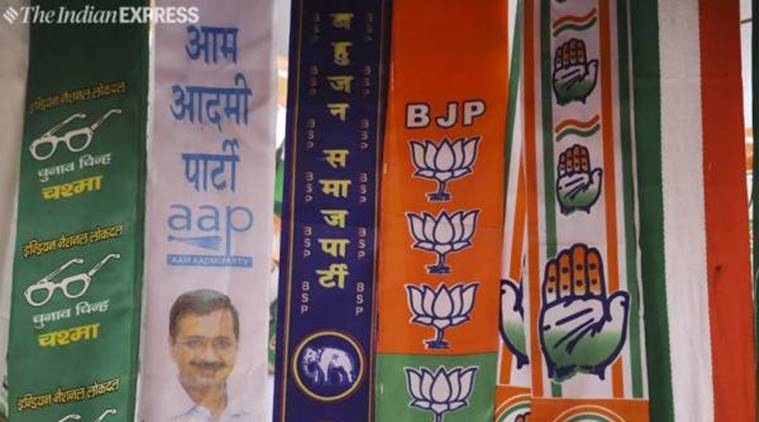In election season, let’s talk of access to justice and judicial infrastructure
Access to justice now also means access to judicial infrastructure. The Supreme Court in 2012 has held that “it is the constitutional duty of the government to provide the citizens of the country with judicial infrastructure and means of access to justice”.

Now that the “festival of democracy” — the schedule for the 17th general elections to Lok Sabha — is announced and the season of manifesto drafting has begun, is it not the solemn duty of all citizens to advance their suggestions for meaningful changes in the administration of justice? Effective programmes for action should engage all political parties as a matter of people’s basic human rights, not as acts of political largesse or grandstanding.
Manifestoes will do well to acknowledge the paramount constitutional governance obligation as per Directive Principle Article 38-A, providing a fundamental obligation of the state to “secure that the operation of the legal system promotes justice, on a basis of equal opportunity, and shall, in particular, provide free legal aid, by suitable legislation or schemes or in any other way, to ensure that opportunities for securing justice are not denied to any citizen by reason of economic or other disabilities”.
Far from being a provision only for legal aid, this Article guarantees a basic human right to a just social and political order under the Constitution. And “other disabilities” go beyond economic disability and also need to be fully deciphered lest, as Justice Krishna Iyer memorably used to say, the administration of criminal justice become criminal administration of justice.
Access to justice now also means access to judicial infrastructure. The Supreme Court in 2012 has held that “it is the constitutional duty of the government to provide the citizens of the country with judicial infrastructure and means of access to justice” so that “every person is able to receive an expeditious, inexpensive, and fair trial”. And it rules that “financial limitations or constraints” may not be urged to defeat this right.










.png)




























No hay comentarios:
Publicar un comentario